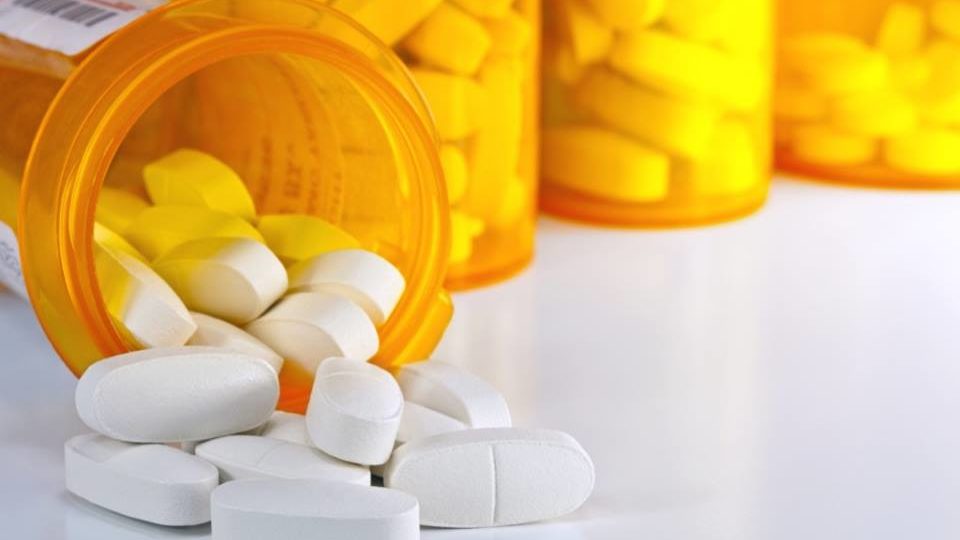Suboxone is a Schedule III controlled substance and an FDA approved medication used to treat opioid addiction. It is made up of buprenorphine (another opioid) and naloxone. The combination of these two medications acts as a “blockbuster” in one’s brain and reduces active drug cravings and the symptoms of opiate withdrawal. Suboxone is not intended to be a cure to opioid addiction, but can be helpful in conjunction with other treatment options. This medication typically comes in the form of dissolvable films and tablets intended to be ingested.
Is Suboxone Addictive?
Being a Schedule III controlled substance, Suboxone is considered to be medically valuable, while also carrying a moderate risk for addiction. While developing an addiction to Suboxone is lower than many other drugs, the potential for addiction is still present. People wonder why the use of one opioid is used in the treatment for another opioid addiction. The answer to this question being that it is simply the lesser of two evils. Most individuals who take Suboxone do so as treatment for the abuse or addiction of another opioid. Should an individual take Suboxone regularly to avoid experiencing withdrawal symptoms, over a prolonged period of time, he or she may become dependent on the medication.
Risks of Suboxone
As is true with any substance, there are potential side effects and risks associated with taking Suboxone. They can include any of the following examples:
- Nausea
- Sweating
- Anxiety
- Fatigue
- Depression
- Headaches
- Fever
- Muscle aches
- Insomnia
- Liver damage
When individuals take Suboxone while simultaneously ingesting other substances (i.e. benzodiazepines, alcohol…etc.), it can result in dangerous side effects. When abused, it is also possible to overdose on Suboxone.
Withdrawal
Individuals who take Suboxone over an extended period of time can expect to experience withdrawal symptoms similar to that of other opioid drugs when stopping its use. Examples of withdrawal symptoms can include any combination of the following:
- Anxiety
- Sweating
- Depression
- Nausea
- Irritability
- Vomiting
- Muscle aches
- Headaches
- Fever
- Indigestion
- Insomnia
- Drug cravings
- Difficulty concentrating
- Drowsiness
- Chills
The severity and duration of withdrawal symptoms will vary from person to person. It is important for an individual withdrawing from Suboxone to be overseen by a medical professional, as withdrawal symptoms can linger.
Treatment
While the introduction of Suboxone into one’s system is commonly done so as a means to assist with opioid addiction, abuse of Suboxone can be dangerous. If an individual takes Suboxone too frequently, in doses other than prescribed, and/ or without a prescription, he or she is abusing the medication and may need help. Treatment from Suboxone is similar to treatment from any other abused substance. An individual must undergo detox to rid his or her body of the Suboxone. Due to the uncomfortable withdrawal symptoms that can accompany the detox phase, it is recommended that an individual undergo a medical detox. This can assure the safety of the individual for the duration of his or her detox process. Subsequently, attending some form of substance abuse and addiction treatment program is usually advised. Successful completion of a treatment program along with ongoing support can be paramount to one’s recovery. Adhering to one’s aftercare plan is also an essential component to one’s continued sobriety.
For Information and Support
If you are concerned for yourself or a loved one in regards to substance abuse and/ or addiction we recommend reaching out for help as soon as possible. If left untreated, substance abuse can result in long lasting and potentially life-threatening consequences. Keep in mind: you are not alone! There is an entire network of professionals that are available to help and support you and your loved one throughout the recovery process. The earlier you seek support, the sooner your loved one can return to a happy, healthy and fulfilling life.
Please do not hesitate to reach out with any questions regarding our specific program at Haven House Addiction Treatment and/ or general substance abuse and/ or addiction treatment related information.



